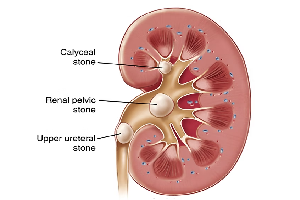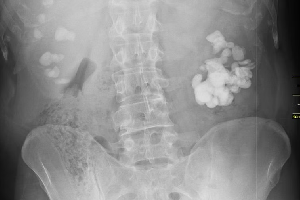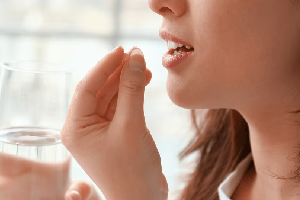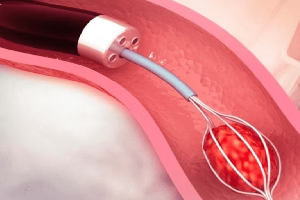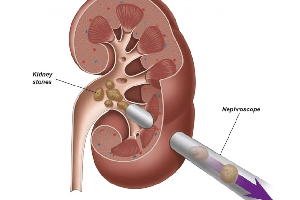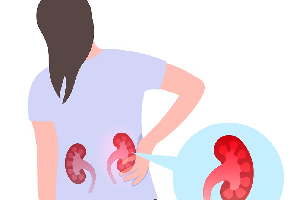Kidney Stones
Causes & Symptoms
At Preeti Kidney Hospitals, we are dedicated to providing expert care
and
effective treatment options for individuals suffering from kidney
stones.
Kidney stones are hard deposits made of minerals and salts that form
inside your
kidneys. They can vary in size from a grain of sand to a golf ball.
These stones
can affect any part of the urinary tract, from the kidneys to the
bladder.
Often, they form when the urine becomes concentrated, allowing minerals
to
crystallize and stick together.
Causes & Symptoms
Several factors can contribute to the formation of kidney stones, including:
- Dehydration: Not drinking enough water can lead to
concentrated urine, which allows minerals to crystallize.
- Diet: High intake of sodium, oxalates, or proteins can
increase the risk of stone formation.
- Genetics:A family history of kidney stones can make you
more prone to developing them.
- Medical Conditions: Certain conditions, such as
hyperparathyroidism, gout, and urinary tract infections, can contribute to
kidney stone formation.
- Medications:Some medications can increase the risk of
developing stones.
Kidney stones may not cause symptoms until they move within the kidney or pass
into the ureter. Common symptoms include:
- Severe Pain: Not drinking enough water can lead to
concentrated urine, which allows minerals to crystallize.
- Blood in Urine: High intake of sodium, oxalates, or
proteins can increase the risk of stone formation.
- Frequent Urination:A family history of kidney stones can
make you more prone to developing them.
- Nausea and Vomiting: Certain conditions, such as
hyperparathyroidism, gout, and urinary tract infections, can contribute to
kidney stone formation.
- Fever and Chills: Some medications can increase the risk of
developing stones.
Diagnosing Kidney Stones
Diagnosing kidney stones typically involves:
- Imaging Tests: Such as X-rays, CT scans, or
ultrasounds to detect the presence and size of stones.
- Urine Tests: To identify substances that promote
stone formation.
- Blood Tests:To assess kidney function and detect
excess minerals.
Treatment Options
Conservative Management
Diagnosing kidney stones typically involves:
- Increased Fluid Intake: Drinking plenty of water
to help flush out the stones.
- Pain Management:Over-the-counter or prescription
pain relievers.
- Medical Therapy:Medications to relax the ureter
muscles, facilitating stone passage.
Minimally Invasive Procedures
RIRS – Retrograde intrarenal surgery
Retrograde intrarenal surgery (RIRS) is a procedure for doing surgery
within the kidney using a flexible ureteroscope. In RIRS the scope is
placed through the urethra (the urinary opening) into the bladder and
then through the ureter into the urine-collecting part of the kidney.
Surgical Interventions
Percutaneous Nephrolithotomy (PCNL)
PCNL is a technique used to remove certain stones in the kidney or upper
ureter (the tube that drains urine from the kidney to the bladder) that are
too large for other forms of stone treatment such as shock wave lithotripsy
or ureteroscopy.
Preventing Kidney Stones
Preventing kidney stones involves lifestyle and dietary changes, such
as:
- Staying Hydrated: Drinking plenty of water
throughout the day.
- Dietary Adjustments: Reducing intake of salt,
oxalate-rich foods, and animal proteins.
- Medications: For individuals with a history of
recurrent stones, medications may be prescribed to prevent future
stone formation.
